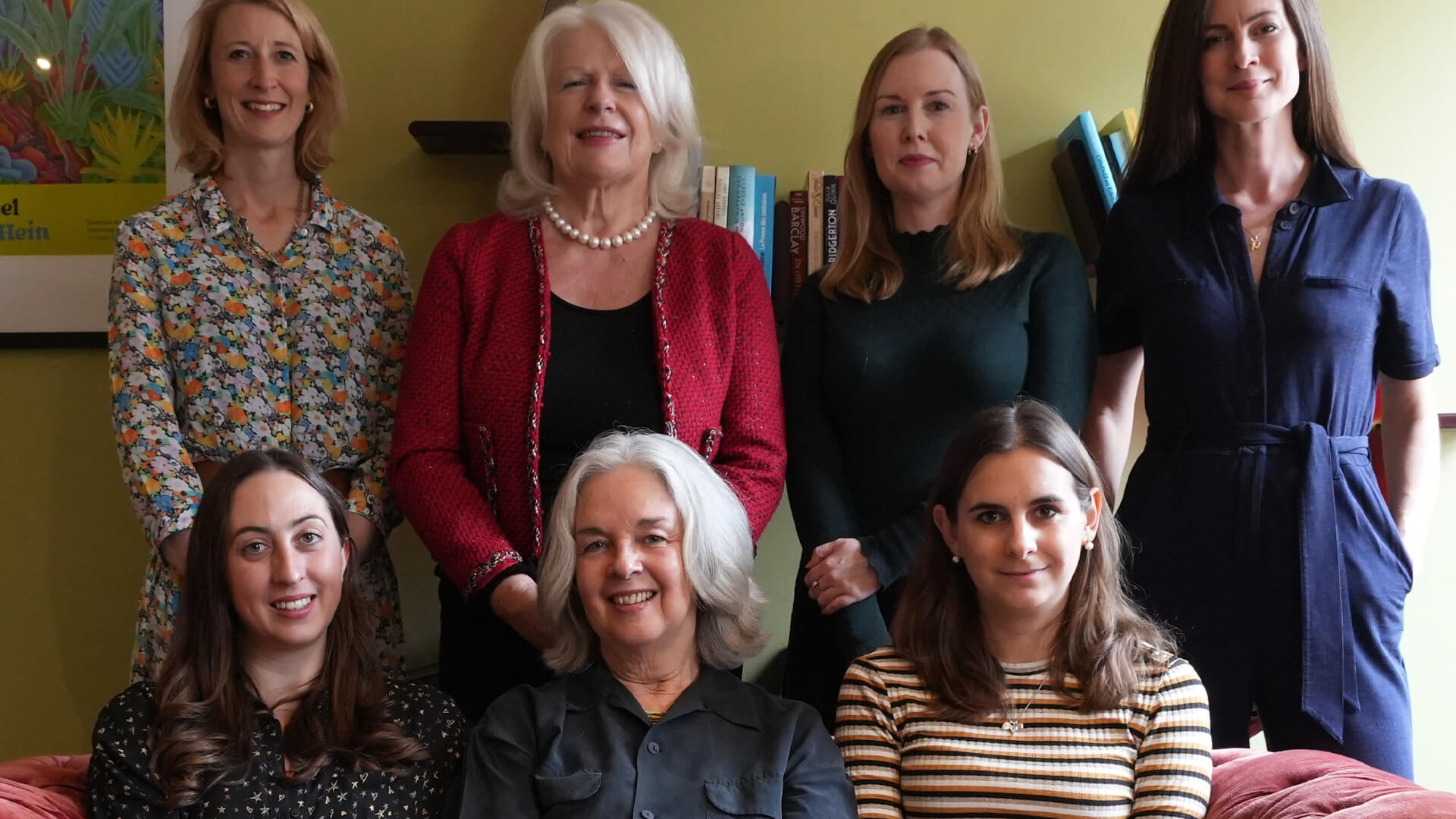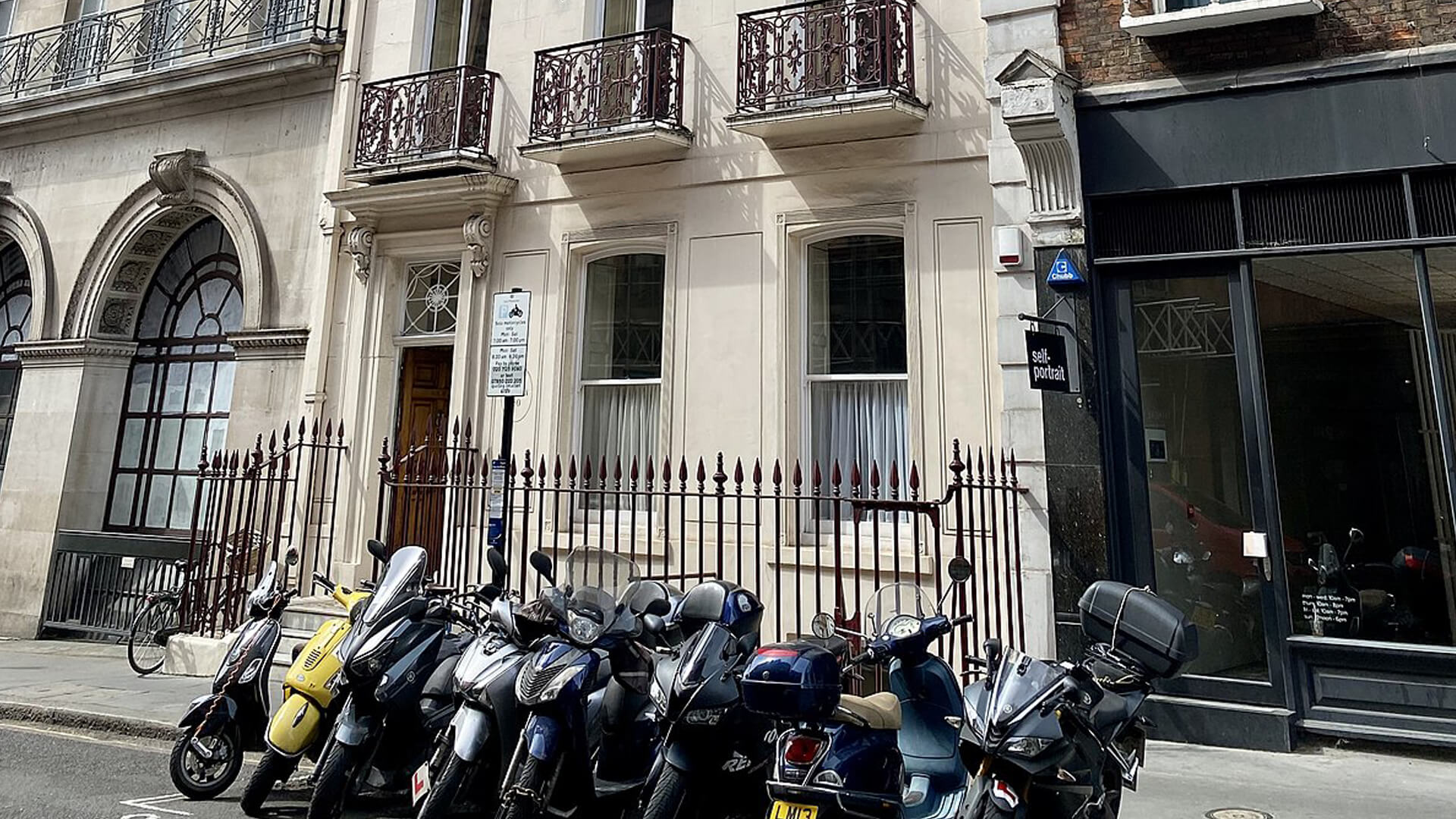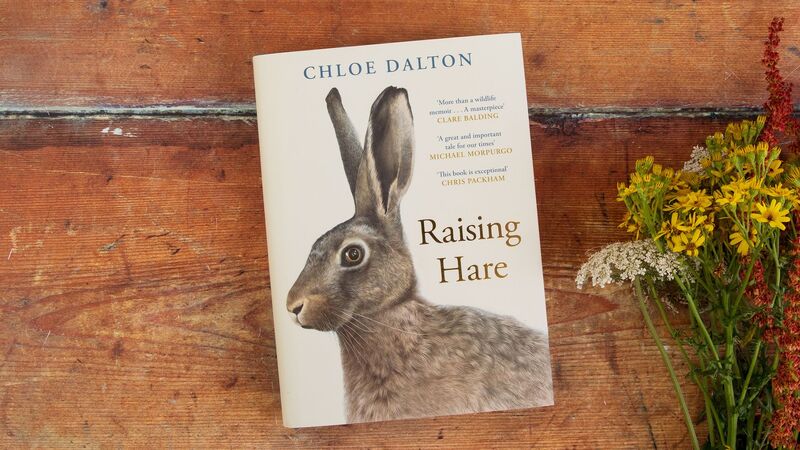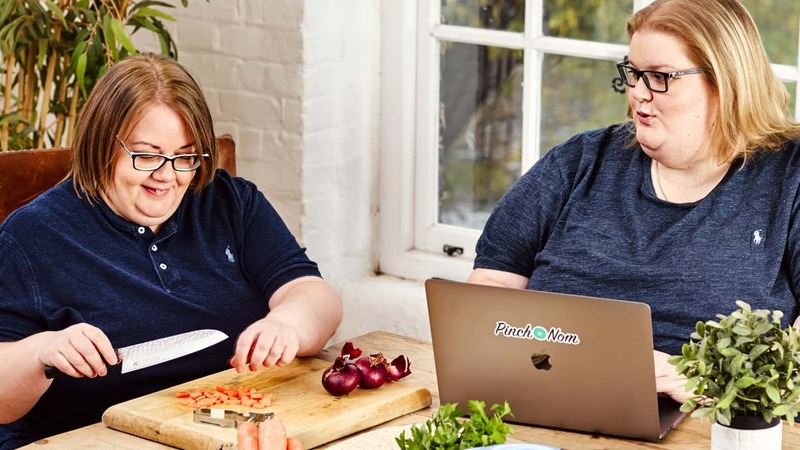You are viewing your 1 free article this month. Login to read more articles.
Association of Authors’ Agents to focus on smaller agencies and demystifying the craft
A round-table with the exec at the Association of Authors’ Agents reveals a group champing at the bit to get back to Frankfurt—and to ensure there is space there for a broader spread of talent.
I am met in the reception of 50 Albemarle Street by Marsh Agency deputy m.d. Jemma McDonagh. The grand townhouse retains its Regency elegance and its stately drawing rooms still look like the sort of places gouty periwigged men might have, over brandies, discussed how best to put down a colonial uprising. “What about a spot of genocide, m’lud?” you can almost hear a foreign office mandarin suggesting to enthusiastic assents.
The address is also a landmark in British literary history: for 190 years it was the John Murray headquarters and in one of its drawing rooms, John Murray II infamously burned Lord Byron’s memoir after the poet’s death. Murray, incidentally, paid what (if The Bookseller had been going at the time) might have termed “a significant four-figure sum” for the memoir—an eye-watering 2,000 guineas (presumably world all-languages; not clear if audio or film/TV rights were mentioned). Ever the canny operator, Murray squeezed the rights-holder (Byron’s friend, the poet Thomas Moore) to get his money back with interest.
The very modern Marsh Agency has offices in the building and we are not here to talk about the past, but the future. Specifically that of the Association of Authors’ Agents—and by extension the wider agenting community—for whom McDonagh serves as a committee member. She leads me up to a poky space on the very top floor (no lift; Marsh staffers must have quads of granite) and all of a sudden I am amid the AAA committee, a cross-section of deal-making’s great and the good, a room chock-full of Agent of the Year Nibbie honourees, The Bookseller Rising Stars and Kim Scott Walwyn winners: Felicity Bryan’s Catherine Clarke (AAA president), RCW’s Claire Wilson (vice-president), DKW’s Ella Kahn (treasurer), David Higham’s Camille Burns (secretary), Curtis Brown’s Sheila Crowley and Madeleine Milburn of The Madeleine Milburn Literary, Film & TV Agency (the last two are committee members).
The plan originally was to chat to Clarke, who succeeded Blake Friedmann’s Isobel Dixon in January as AAA president, about the plans for her tenure. But Clarke suggested we broaden it out to the committee as a whole, which in many ways jibes with some of the key upcoming AAA initiatives that centre on expansion, inclusion and demystifying the profession. While a lot of what we discuss will be the AAA committee speaking ex cathedra, we have a wide-ranging talk, some of which touches on areas beyond its policy. And, Frankfurt. The group as a whole are keen for FBF’s full-scale return and give an enthusiastic thumbs-up to the LitAg’s move back to being amid other exhibitors, rather than out in the Festhalle.
But there are niggles. Crowley’s Curtis Brown is gearing up for a big Frankfurt—it will be its first trade event under new owner United Talent Agents. She says: “I’m really excited to be back, excited [about the UTA partnership]. But I have been surprised at the number of Americans, a lot of very senior people in the big companies—and one big company in particular—who are not travelling over. Which is a shame, because we need in-person meetings again.”
This is not an inconsequential concern, as there is a domino effect: if there are not sufficient numbers from the biggest books markets, others could decide the FBF expense is not worth it. McDonagh says: “Marsh Agency business is all international and there was a worry the international publishers wouldn’t come. London Book Fair was great but it was mostly Europeans. But in Frankfurt we’re going to be seeing the Brazilians, east Asians—particularly the Koreans—people we haven’t seen for three years. So international publishers are embracing it.”
Kahn notes that for a smaller agency like hers (she co-runs DKW with business partner Bryony Woods), this FBF might be more crucial: “We did a lot of international business over the pandemic because Zoom did help facilitate more regular chats and meetings. But it will be lovely to consolidate those relationships properly—and in some instances, meet my clients’ editors for the first time.”
Small but mighty
Smaller and newer agencies are one of the big focuses for the AAA over the next couple of years. This reflects the membership: there are 118 agencies in the trade body, 80 of which have fewer than four staff. More smaller agencies have come on board since rules were loosened a couple of years ago that enabled any agency in the UK or Ireland to become members from day one, rather than waiting for two full years of trading. There has been an uptick in delivering workshops on the nitty-gritty and professional standards issues, such as unconscious bias and how to develop and train staff.
Dovetailing into this is, new for 2022, a training and networking scheme for emerging and younger agents called The Bridge, devised and spearheaded by Burns. Herself an early career agent, having joined David Higham in 2019 after working at Routledge and audio publisher Bolinda, Burns says: “The idea is to encourage participation in the organisation from as early as possible. We’re having all these conversations [about industry issues] and we need voices from all sides of the experience spectrum. Giving junior agents and assistants a forum and the sense that their opinions matter, and that they have a place within the organisation, is really important. I think that’s why we’ve had such a good response to it.”
Certainly, the more senior agents on the committee are pleased with its uptake. Milburn says: “It is difficult starting out as an agent. The needs are different now than, say, 10 years ago: the pressure is greater, competition is greater, emails are relentless. When I first joined the AAA it seemed everyone was so experienced and I felt like I wasn’t really part of the organisation. That’s a part of why [The Bridge] has been so popular: there is this forum where your voice can be heard.”
Building on this, a new AAA website is in the pipeline, developed by Kahn (who concedes: “I know that doesn’t sound very glamorous”), but the push is more conceptual than IT bells and whistles. The thrust will be a collection of resources to make the trade body more consumer-facing and demystify agenting to those outside the trade. Wilson picks up the thread by explaining she had no concept about what an agent did until she read about it in Marian Keyes’ The Other Side of the Story, with its high-flying literary agent protagonist (here Crowley reveals Keyes did research by spending time in Curtis Brown’s offices). Wilson adds: “We’re working really hard on proactively putting information out there to make us more visible, the job more attractive, so that young people who wouldn’t even know that ‘literary agent’ is a term they should be Googling know that it’s something they could be. [Increased visibility] is so important. It’s important to authors. It’s important if we want to be truly inclusive: that we’re findable without having a friend who is already on the inside.”
McDonagh adds that a reason she joined the committee is precisely to help broaden the trade body’s base: “I really wanted to work on the visibility of agenting as a career path, particularly for people from working-class and low-income backgrounds. Most people know what an author does and what a publisher does. Even if you are into books, you might not know about agenting. But we are the first gatekeepers to the industry. And if we are inclusive and representative, then of course the voices that we pitch and sell—and then the publishers publish—will be as well.”
Increased visibility for agenting also helps, Clarke argues, on pan-industry lobbying with issues such as sustainability and the current post-Brexit threat to changes in copyright. On the latter, Clarke says it is “too early to tell” what the Truss government is thinking on IP protection, “but we can see the direction of travel. We need to be clear to secretaries of state and ministers about how devastating altering the current regime would be, economically, as much as anything”.
Wilson concludes the thought: “I think we can work in both directions. We’re lobbying very hard with the people behind the scenes who are making the decisions, but we’re also communicating through our authors to the public about why these issues matter.
“Copyright also comes back, in the end, to inclusivity. Because the harder it is to make a living as an author, the fewer people will be able to do it. It really matters if we want to welcome a wide range of people into this industry. We all need to be making enough money for the authors that are writing. It can’t be a hobby for the rich, it has to be something that everyone can afford.”

















